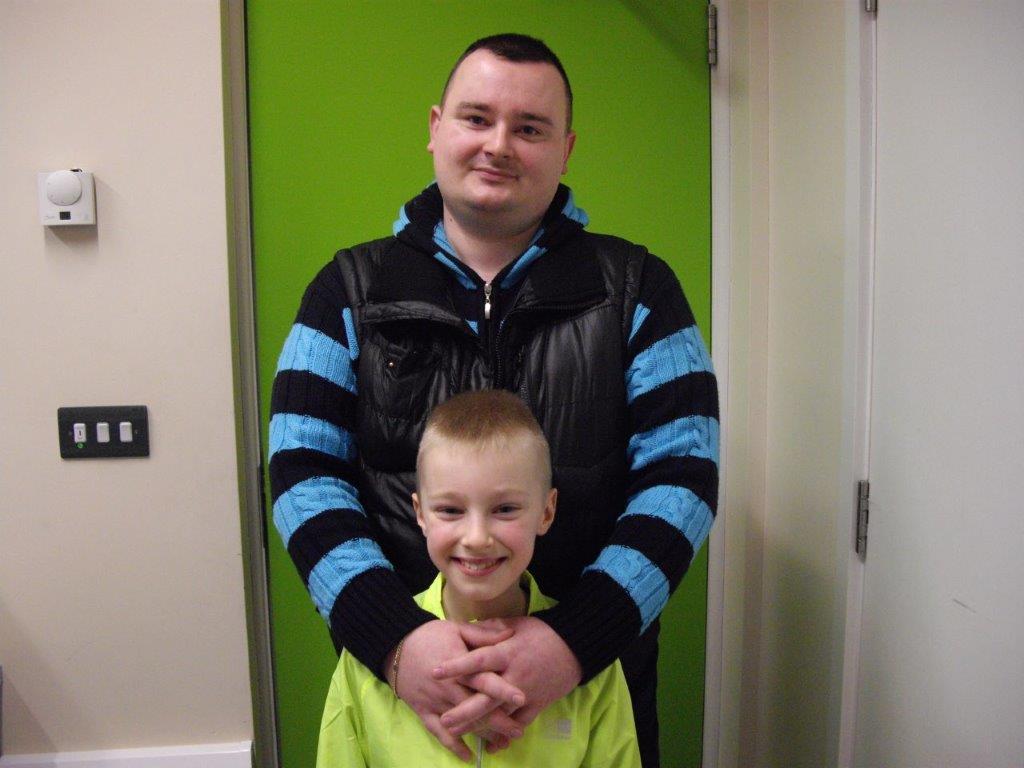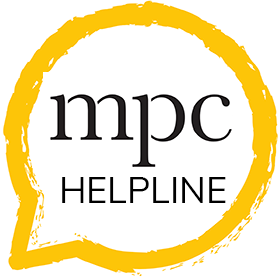Dealing with teasing or bullying
Do a quick check: did the person mean to be mean or is it possible that they didn’t? Sometimes children say “why do you talk like that?” because they simply don’t know about stammering. Or they say something and think it sounds jokey and don’t realise that it hurts.
Before you decide how to react check whether it was meant to be mean. If maybe it wasn’t then letting it go can be the smart thing to do.
But if it looks like the person did mean to be mean, then try out some of these next ideas.

This one is really important!
Bullies pick on others to get a reaction so one of the best things to do is to not react, even if that’s hard. If a bully doesn’t get the reaction they’re hoping for, if they can see that what they say doesn’t get to you (even if you’re kind of pretending) then it’s more likely that they will stop. If you retaliate you can also end up getting in trouble yourself.
Calmly saying “Yes I stammer sometimes”, just getting on with what you were doing or calmly walking away can be a strong way to handle it when someone is giving you a hard time about stammering.
 It can really help to be with friends. Bullies often target people who are on their own. Work on being friendly with people you like, joining in with others and on making your friendships stronger.
It can really help to be with friends. Bullies often target people who are on their own. Work on being friendly with people you like, joining in with others and on making your friendships stronger.
If it feels hard to make friends then have a chat with someone, like a parent, your teacher or your speech language therapist, about how to get better at making friends. You can learn that like you can learn anything.
 If adults know what is going on then they can help you.
If adults know what is going on then they can help you.
Tell a parent, carer, teacher, classroom assistant or playground assistant if you are being teased in a hurtful way or being bullied. All schools have an anti-bullying policy which means that have a plan for how to help all children in the school respect each other. If teasing or bullying keeps happening, keep telling adults at school or at home that it’s still happening so they know that they need to do more.
Telling a good friend that you trust can help too – because you’ll feel that you have someone on your side in class or in the playground.
If you are being bullied outside of school tell a parent, carer or relative. Youth workers and leaders may be able to help too.
The important thing is to tell someone rather than struggle with it on your own.
Helplines are manned by people who are trained to listen. Helplines are often confidential which means that you don’t need to say your name.
The Michael Palin Centre helpline: 020 3316 8100
The British Stammering Association Helpline: 020 8880 6590
Childline: 0800 1111
The National Bullying Helpline: 0845 22 55 787
Young Minds Crisis Messenger: For urgent help text YM to 85258, Texts are free from EE, O2, Vodafone, Virgin Mobile, BT Mobile, GiffGaff, Tesco Mobile and Telecom Plus.
Another way of being strong and assertive is to calmly say:
“I don’t like it when you say that – please stop”.
The trick with this one is to say it calmly so that it doesn’t look as though they have got to you.
If telling someone feels too hard try writing it down. If your school has a ‘problem box’ you can post a note in that, or just give your note to your teacher.
This one sounds strange but it can be really powerful. When someone says “You’ve got a stammer” and it’s like they’re putting you down because of it or trying to embarrass you, try just saying “Yes I have”. There’s not much that they can say at that point. It also shows that they aren’t hurting you, and chances are, they will stop.
At the MPC we practise this in our therapy groups so that people feel more confident saying it. Maybe you could practise at home with someone.
Remember:
Stammering is ok but teasing or bullying someone about it is not.
If you’re being bullied – about stammering or anything else – it’s not your fault.
Tell someone!!

Sometimes you just need someone to talk to


Sometimes you just need someone to talk to
Our Helpline, 020 3316 8100, is open during office hours (9am-5pm) and voicemail messages can be left when the office is closed.
“The therapist explained things in a helpful way.”
Become a Friend
Receive emails with news and information about the Centre's work, events, and fundraising.
Sign up